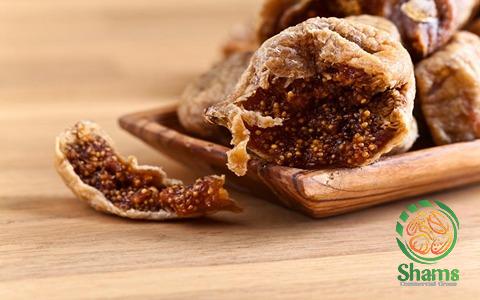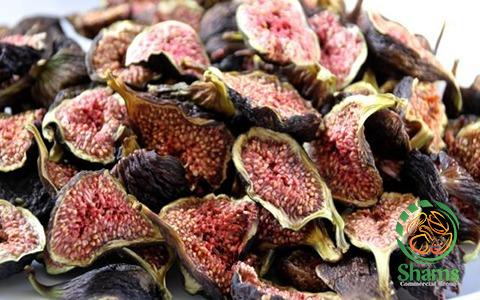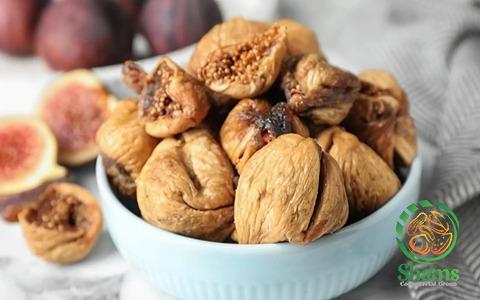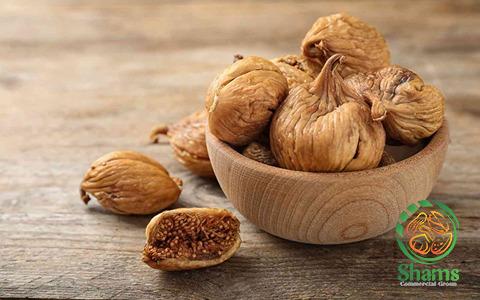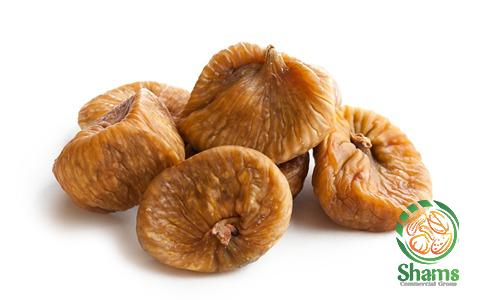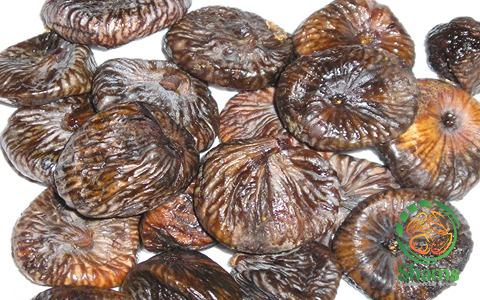can dogs eat sultanas raisins
You may be surprised if you know sultana or other kinds of raisins are toxic for dogs and cats
They shouldn’t eat grapes, dried fruit, especially raisins, they can be harmful to them
The ‘Vitis vinifera’ family of fruits, which includes grapes, raisins, currants, and sultanas, is poisonous to dogs and may cause digestive and urinary difficulties
Grapes, even in minute amounts, are indigestible to canines
Even though the mechanism by which these fruits cause poisoning is not fully understood at this time, the consumption of even very little amounts by dogs may result in serious disease or even death (especially the dried fruits)
It’s noteworthy to note that the symptoms of poisoning may vary greatly from dog to dog, so this is something to keep in mind
In spite of the fact that some individuals seem to be relatively unaffected by the fruits, there is still a possibility that others may have severe symptoms shortly after consuming them
Even if a dog has eaten the fruit in the past without any adverse effects, there is no way to know for sure whether or not it will suffer from major side effects this time
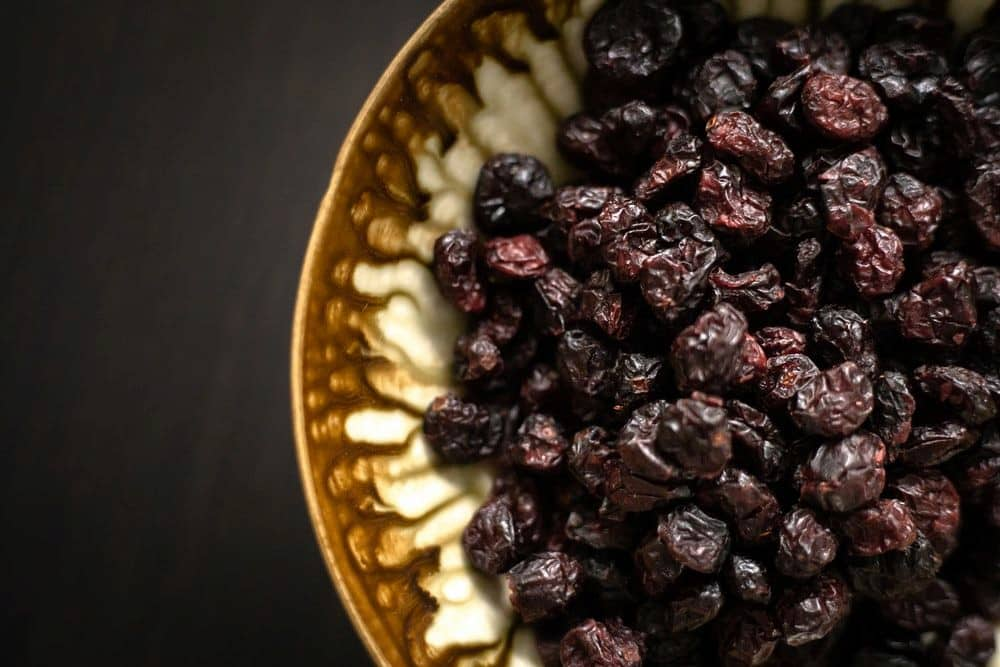
It seems that some dogs are able to consume grapes and raisins without experiencing any adverse consequences, which leads one to believe that renal failure is not an inevitable consequence of eating raisins when consumed by canines
There does not seem to be any connection between the breed, sex, or size of the dog and this event, and both veterinarians and scientists have been at a loss to explain it
There is some evidence, both anecdotal and scientific, that indicates that even a little quantity of raisins may induce catastrophic renal failure in large dogs
On the other hand, there are anecdotes of toys and young dogs that have eaten full Christmas puddings with no ill consequences
At this time, there is no way to determine whether or not your dog may have any problems as a result of taking these chemicals
Even though your blood tests have always been normal in the past, this does not guarantee that your kidneys are in good health
Consuming them in the past and being free of renal complications does not provide any assurance that doing so in the future will be risk-free
Because of this, it seems that a substantial number of dogs will be affected if they ingest any amount of these goods, regardless of whether they are eaten raw or made into cakes, puddings, or other foods
Due to the widespread availability of fruits throughout sweets like Christmas cake, hot cross buns, cookies, and chocolate throughout the holiday season, there is an increased risk of poisoning
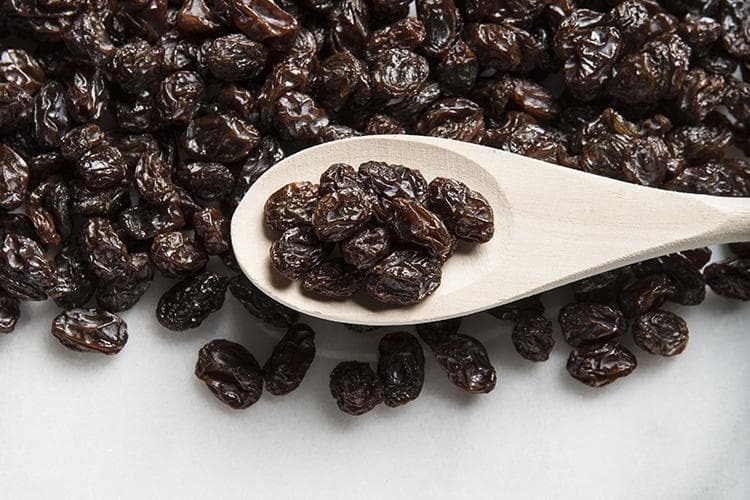
Even though grapes and raisins are not typical parts of a cat’s diet, there has never been a case of feline developing symptoms of poisoning as a result of consuming them
On the other hand, eating these fruits might cause dogs to have acute renal failure; thus, it is not worth the risk if you believe that your cat has eaten them
In any case, it is highly recommended that you see a veterinarian as a precaution
dogs are unable to metabolize the flavonoids, tannins, and monosaccharides that come from grapes, which is assumed to be the cause of their toxicity to dogs
Although the precise toxin that is found in grapes and raisins is still unknown at this time
The next paragraph will provide a description of the symptoms: Bowel motions that aren’t regular and/or throwing up, having foul breath, mouth sores, shaking or seizure activity, decreased appetite, lethargy, dehydration, abdominal pain, and nausea are some of the symptoms that may be experienced
Other symptoms include urinary incontinence or a reduction in urine output
Possibly compromised or already in a coma
PVE does not advise that any emergency treatment be given to an animal before it is delivered to a veterinarian
If you suspect that your dog has consumed grapes or raisins, you should take them to the veterinarian as soon as possible, even if they are displaying no outward signs of illness
It is important that you prevent your dogs from eating any grapes, sultanas, or raisins
This rule also applies to baked products such as fruit loaf and hot cross buns that could include the aforementioned ingredients
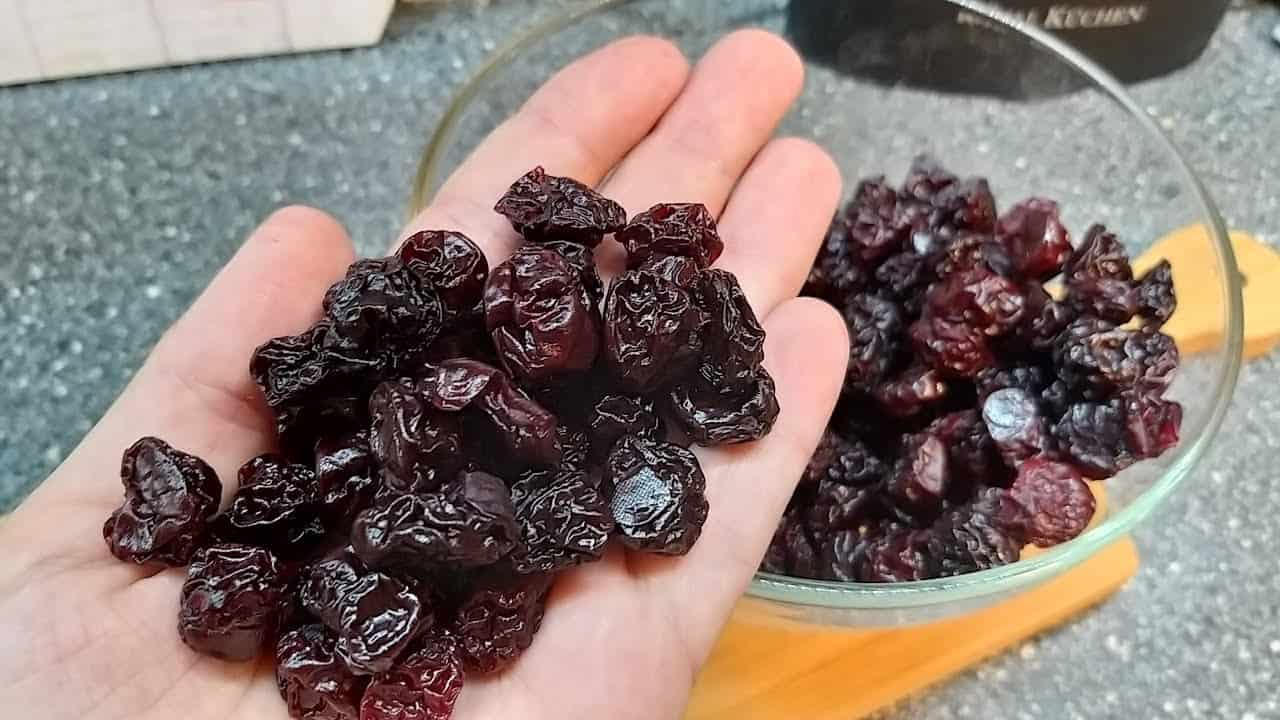
If you suspect that your pet has taken anything that contains the compounds in question, you should take them to the veterinarian as soon as possible, even if they are not yet displaying any of the symptoms that were listed above
In the animal hospital, the primary therapeutic procedure begins with the cleaning of the patient’s environment
It’s possible that your veterinarian may suggest that you throw up in order to get rid of the raisins
After that, they will give the patient activated charcoal, which will bind any residual raisins in the stomach as well as absorb the poison
It is possible that the veterinarian will need to keep your pet in the hospital for at least 48 hours in order to offer intravenous fluid treatment, monitor your dog’s kidneys through bloodwork, and administer intravenous fluid therapy
It is imperative that you take your dog to the veterinarian as soon as possible if you have any reason to believe that it may have eaten grapes or raisins
Even if it’s three in the morning on Christmas morning, you should call your veterinarian as soon as possible; time is of the essence
If you take your dog to the veterinarian just a few hours after it has eaten, the veterinarian may choose to induce vomiting in order to rid the dog’s body of any potentially harmful substances before those substances have had a chance to be absorbed by the dog’s digestive system
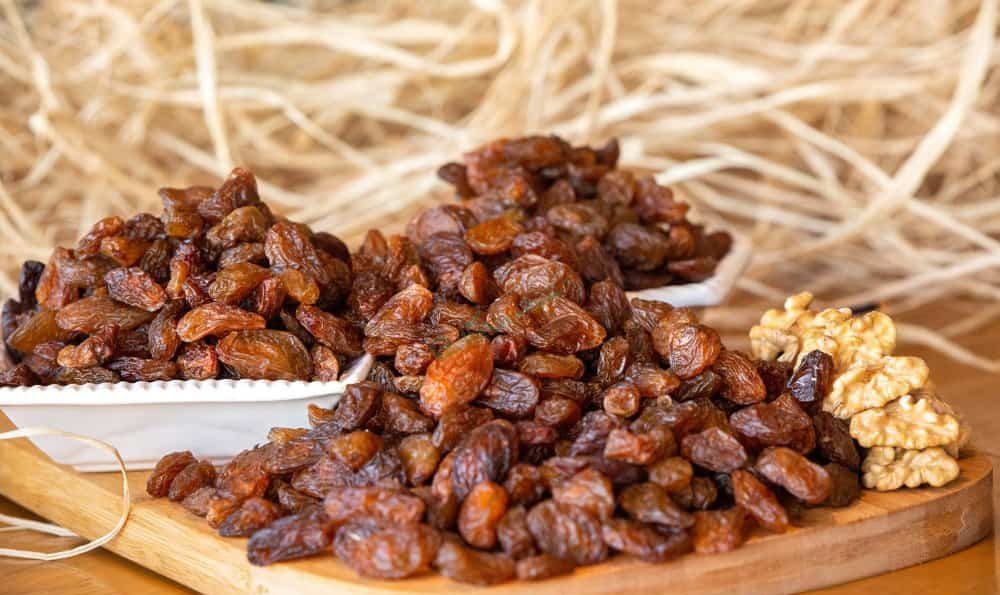
In the event that your dog is taken to the veterinarian within a few hours of eating, the probability exists that the veterinarian will do so
It’s also conceivable that you’ll need to undergo gastric lavage, which is when food is fed into the stomach via a tube
Keep an eye on the health of your dog’s kidneys by doing routine blood and urine tests on him
It may be necessary to hospitalize certain individuals in order to provide renal support and flush their systems with fluids, or it may be necessary to provide them with medicine in order to assist in mitigating the effects of the toxins
Unfortunately, a sizeable number of these people will not survive if their kidneys fail or if they are already in a severely impaired state when they are identified as having the condition

